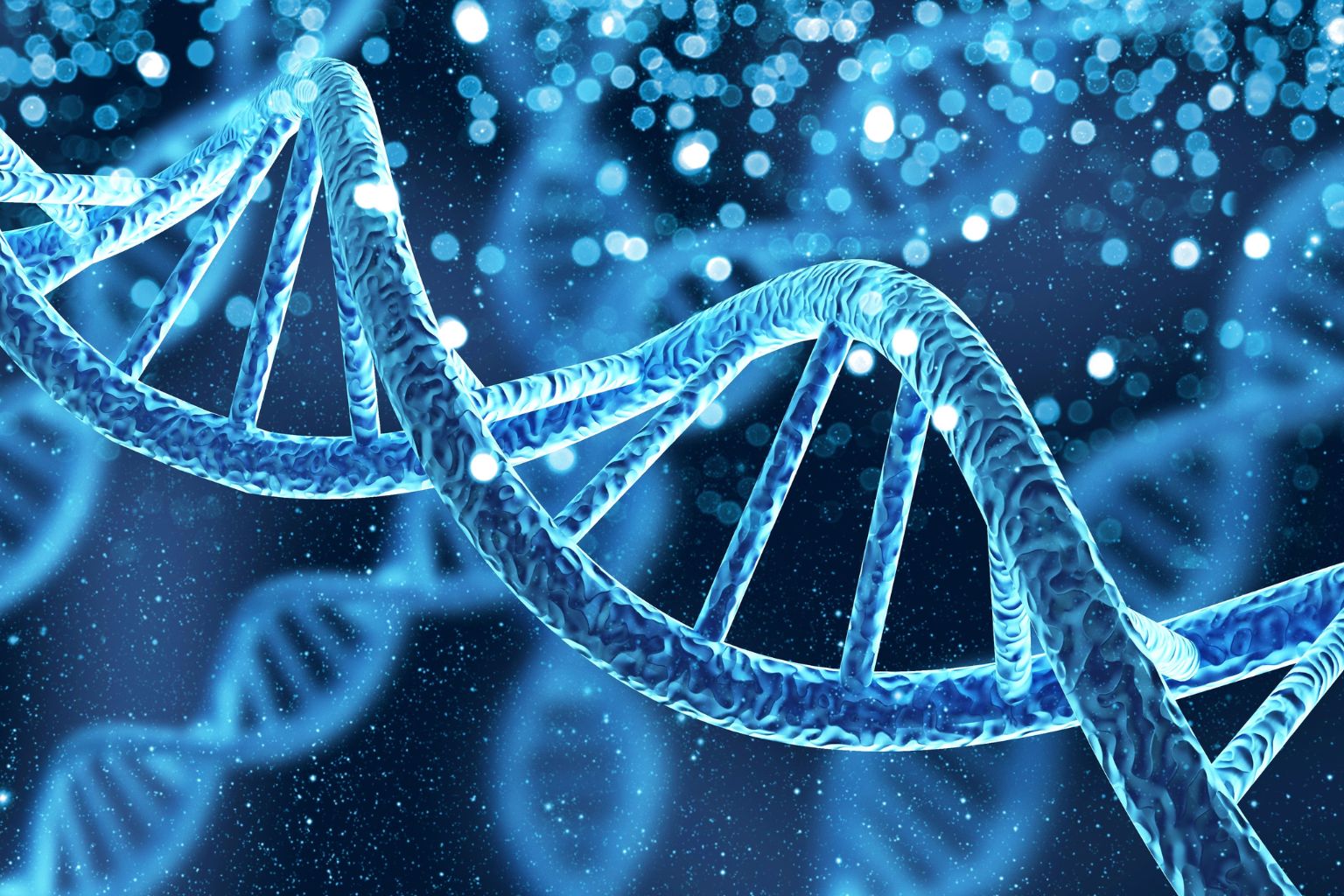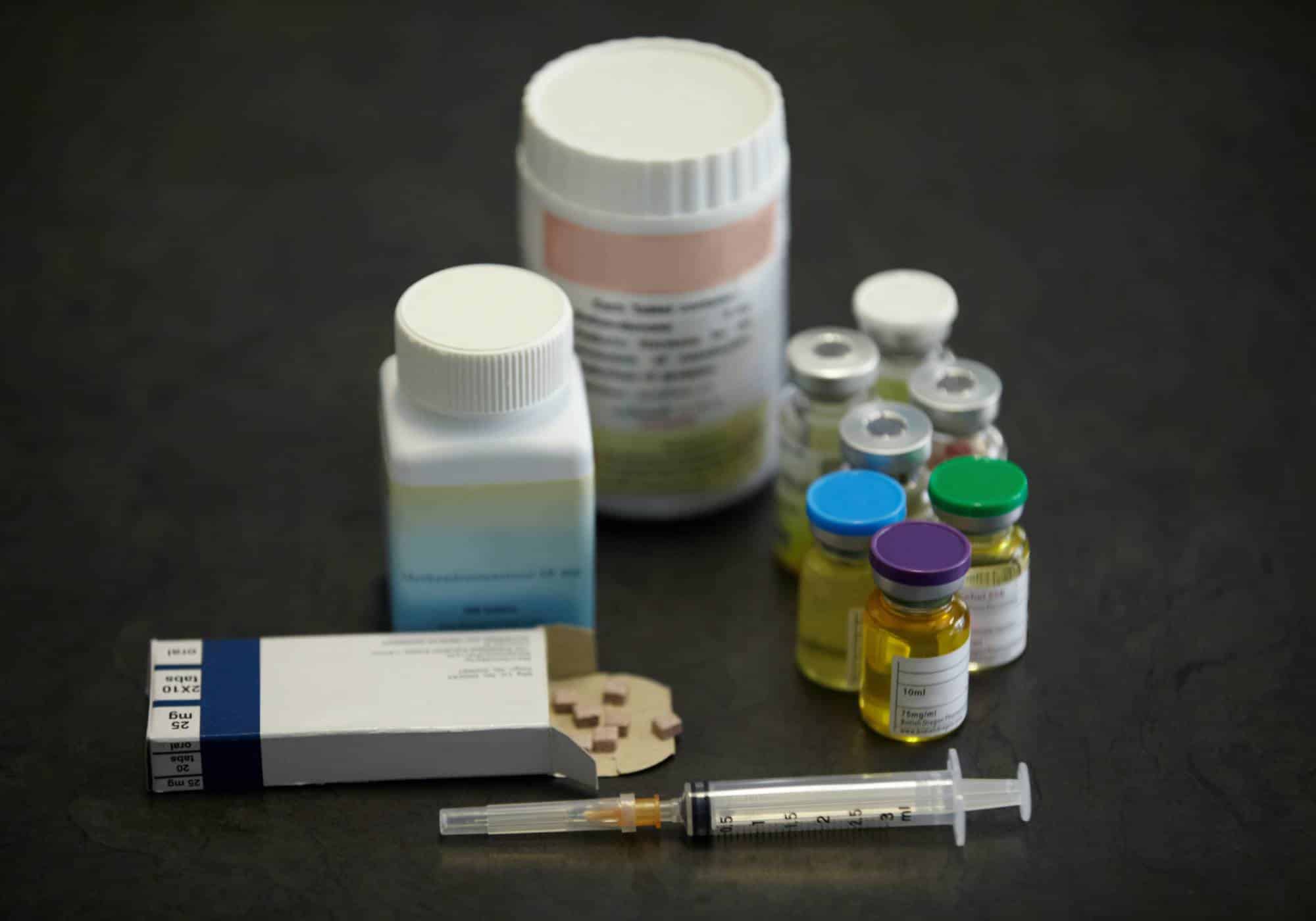The age-old debate of nature versus nurture becomes especially poignant when considering substance abuse. How heavily do our genes factor into our propensity for drug dependency? It’s evident that while personal experiences and environment are vital factors, genetics also play a significant role in substance abuse susceptibility across various drugs.
Decoding the Genetic Factors
Our genes are intrinsic to our bodily functions, governing traits from physical appearance to complex behaviors and health vulnerabilities. Regarding addiction, genetics are believed to be responsible for about 40-60% of a person’s vulnerability. However, it’s crucial to understand that there isn’t a single “addiction gene” but multiple genes that influence various aspects of addiction.
Alcohol: A Familiar Foe
Alcoholism, medically termed as Alcohol Use Disorder (AUD), has been at the forefront of genetic research concerning substance abuse. Generations of data have revealed intriguing patterns. For instance, individuals with a family history of alcoholism are four times more likely to develop the disorder themselves. This link goes beyond mere exposure and environment; it delves deep into the genetic makeup.
Twins and adoption studies have provided key insights. When one twin has AUD, the likelihood that the other twin will also have it is significantly greater in identical twins than in non-identical twins. This showcases the hereditary aspect of AUD, separate from the environmental factors.
Furthermore, the way our body metabolizes alcohol is also rooted in genetics. The ALDH2 gene variation, more prevalent among some Asian populations, reduces the body’s capability to break down acetaldehyde, a toxic byproduct of alcohol metabolism. This leads to unpleasant reactions, like nausea, dizziness, and facial flushing. Such genetic variations serve as a natural deterrent against excessive alcohol consumption.
Opioids: Genetics Amidst a Crisis
The opioid crisis, which has claimed countless lives, emphasizes the need to understand the genetic predispositions leading to opioid addiction. While environmental factors like prescription patterns play a role, genetics cannot be overlooked.
The OPRM1 gene, which encodes the mu-opioid receptor in our brains, has variants that could heighten the pleasurable sensations felt after opioid consumption. This amplified response can increase the risk of repeated use, which can spiral into dependence.
Stimulants: Cocaine and Methamphetamine
The dopamine system, the brain’s reward pathway, is intricately linked to addiction, particularly with stimulants like cocaine and methamphetamines. Variants in genes associated with dopamine function, such as the DRD2 gene, can alter an individual’s response to stimulants.
Those with certain genetic profiles might experience heightened euphoria or pleasure when consuming these substances, making them more susceptible to frequent use and eventually, dependence.
Marijuana’s Genetic Ties
As cannabis use becomes more widespread and socially accepted, understanding its genetic implications becomes vital. The endocannabinoid system, which THC predominantly affects, is central to this.
Variations in genes linked to the endocannabinoid system, like CNR1, could influence an individual’s susceptibility to developing Cannabis Use Disorder. As marijuana research is still in its early stages, ongoing studies are bound to shed more light on these connections.
Interplay with Environmental Factors
Environmental elements like social circles, trauma, stress, and drug accessibility remain pivotal in substance abuse patterns. An individual might possess genetic markers for addiction but might never exhibit any symptoms in a nurturing, supportive environment. On the flip side, a person without genetic predispositions could still fall prey to addiction in high-risk surroundings.
Family History: Genetics and Substance Abuse
Substance abuse, like many other complex behavioral traits, does not stem from a single factor. Both genes and environment contribute, often interplaying in intricate ways. One crucial aspect to consider is the influence of family history. A history of addiction within a family can serve as an indicator of one’s vulnerability to substance abuse, illuminating the potential genetic ties.
Understanding the Genetic Link
It’s common knowledge that certain traits or disorders, such as hair color or heart disease, run in families. Similarly, the propensity towards substance abuse can also be passed down through generations. Numerous studies have shown that children of individuals with substance use disorders are much more likely to develop these disorders themselves compared to the general population. This trend is not solely due to environmental factors or parenting styles; genetics plays a considerable role.
One comprehensive twin study found that if one twin was dependent on a substance, the other twin was more likely to be dependent too. This correlation was stronger in identical twins, who share 100% of their genes, compared to fraternal twins, who share about 50%. This stark difference underscores the role of genetics in addiction vulnerability.
Genetic Markers and Addiction
Modern genetics research has made significant strides in identifying specific genes or genetic markers that could predispose an individual to substance abuse. For instance, the DRD2 gene has been implicated in alcoholism, while the CHRNA5 gene might increase one’s susceptibility to nicotine addiction. Discovering such genetic markers can be instrumental in early intervention and crafting tailored treatment plans.
Family History: Beyond Genetics
While genetics is a pivotal factor, it’s essential to recognize that the environment also plays a role. Children growing up in homes where substance abuse is prevalent might be exposed to certain behaviors or stressors that could increase their risk. Family norms, exposure to trauma, or lack of parental supervision can all be contributing factors. In essence, family history is a mosaic of genetic predisposition and environmental factors, both of which can significantly influence an individual’s risk.
Substance Abuse Treatment in Atlanta, GA: Understanding the Genetic Factors
Grasping the genetic dimensions of substance abuse can lead to more refined prevention, treatment, and rehabilitation approaches. Remember, genetics might increase risk, but they don’t determine fate. As we continue to explore the intricate ties between genetics and substance abuse, it fosters a more nuanced, empathetic perspective in addressing the overarching addiction issue. If you or a loved one are suffering from substance abuse or mental health issues call Hope Harbor Wellness Group at 678-929-6304.












